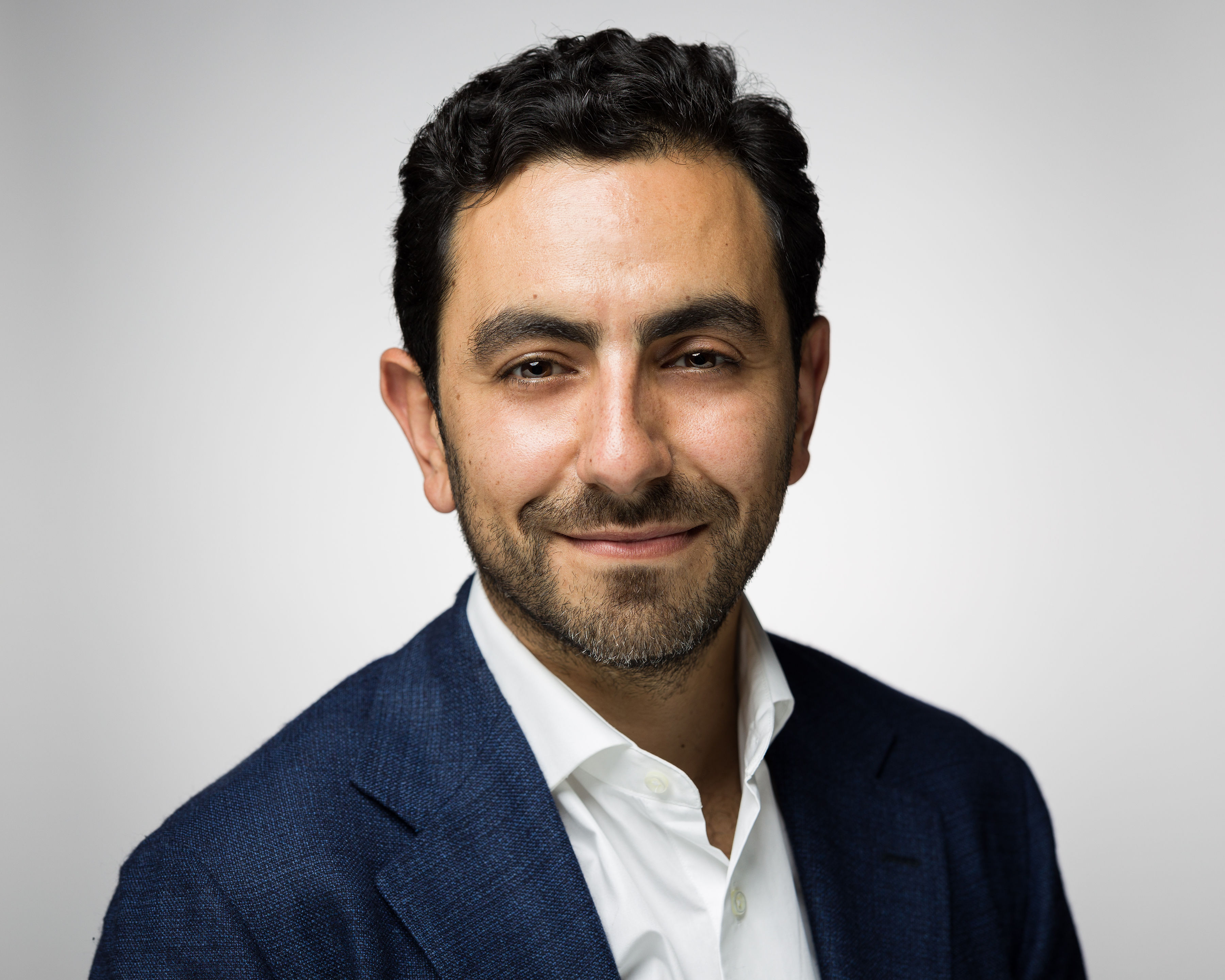 Roger Rouhana, CEO, Alpheya
Roger Rouhana, CEO, Alpheya
The Wealth Sovereignty Imperative: Localising Management to Leverage Homegrown Wealth
Wealth Management as a Matter of Sovereignty
Wealth Management isn't just a sector of finance; it's a cornerstone of national autonomy. By anchoring Wealth locally, countries not only shield their individuals and institutions’ wealth from global uncertainties, but also benefit from the attractive fees and high-paying jobs this industry generates, while nudging more capital into local growth. In the GCC, where almost $5 trillion in high net worth personal financial assets constitute about 7% of global personal financial wealth, a striking 70% is managed outside the region. This figure, nearly three times the global average of 25%, signals a critical need for a shift in strategy. In the quest for economic sovereignty, a deliberate approach to localizing wealth capabilities is not just an option but a necessity for forward-thinking economies.
Wealth in the GCC: A Call for Local Management
The pattern of managing wealth in the GCC is notably distinct. While the dominant wealth financial centres are cities like Geneva, London, and New York, with a lion’s share of these assets being managed by non-GCC institutions, the internal landscape presents its unique trends. Locally, 50% of individual portfolios are held in cash and equivalents , which is significantly higher than the percentage in Europe and APAC , where it falls below 30%, signalling a lack of onshore commitment. Furthermore, a lack of advice based relationships remains a significant issue, exemplified by over 75% of onshore investable securities in the GCC held in 'execution-only' arrangements, a stark contrast to the advisory-driven models predominant elsewhere in Europe where execution-only arrangements represent less than half of allocated assets .
This situation not only highlights missed opportunities for local wealth management but also perpetuates the 'fly-in, fly-out' model of international banks, revealing a 'generate wealth here, manage it elsewhere' trend. Historically, limited local options and the dominance of international banks have been the norm. Feedback from hundreds of interviews with regional players and investors highlights the challenges the regional industry faces, including inadequate digital experiences, subpar advice quality, limited access to diverse product sets, and a prevalent sales-driven rather than advisory-focused culture. However, the tide is turning, supported by a significant 70% of investors who demonstrate a preference for local institutions to manage their wealth. This positive investor sentiment emboldens a pivotal shift in the sector, with regional players actively looking to bridge these gaps and enhance the competitiveness of their offerings. The vast majority of bank Boards and CEOs I meet across the region are shifting their focus on wealth management as a core part of their strategic discussions. This evolving trend suggests a revitalization of the wealth management sector within the GCC, aiming to retain more wealth locally and develop a more sophisticated, investor-centric financial landscape.
Putting Wealth at the heart of the conversation(s)
Developing a 'Wealth fibre' in the GCC offers benefits to stakeholders ranging from high-net-worth individuals, family offices, to the broader mass affluent segment. Ultimately it creates an even stronger link between these stakeholders and the region. The GCC's geopolitical stability, asset pool, business agility, and solid regulatory frameworks make it well-positioned to develop a wealth management ecosystem serving both regional and global needs. Collaboration among key industry players, including regulators, banks, asset managers, and fintech firms, is vital to foster growth and innovation.
This involves cultivating a dynamic regulatory environment, fully embracing technology, manufacturing, packaging, and distributing diverse investment products responding to regional needs, and encouraging investments in the sector. These efforts will reinforce the GCC’s position as a leading wealth management hub, ensuring the effective management and retention of locally generated wealth, and the attraction of global assets.
Banks must upgrade their offerings, investing in technologies, tools, and professionals that enhance customer experience and offer world class solutions. Asset managers need to develop products that meet the market’s demand for diversity, blending global and regional investment opportunities. Fintech firms should drive the innovation and solve specific issues along the value chain.
Private and public capital sources should invest boldly in the sector, recognising its potential for substantial returns and broader economic benefits. International players can enrich the local market by bringing in global best practices and innovation. Together, these actions will strengthen the GCC's global wealth management position and support broader economic and social objectives.
The imperative to localize wealth management in the GCC is clear: it's not just about protecting and growing wealth; it's about enhancing economic sovereignty and empowering the region's financial future. Wealth is, and will remain one of the most global aspects of finance, exposing investors to global opportunities. A local transition is a vital move towards ensuring the wealth engine is close to its investors, bolstering the region's financial autonomy and securing a thriving future for the communities within the GCC.








